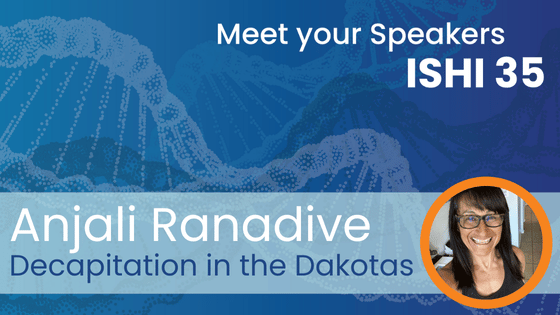In September of 2020, Kendra Owen was murdered in her apartment in Watertown, SD. Her body would not be discovered for several days and when it would be noted that she had been decapitated.
Jeremiah Peacemaker was arrested and charged with her murder. He remained in jail for 3 ½ years awaiting trial. That trial finally began in February, 2024.
In March of 2024 Peacemaker was acquitted on all murder charges against him. During the 3 ½ years leading up to trial additional evidence was found (that had not been collected during the initial investigation) and tested and Daubert hearings were held on CODIS issues and issues of overstated reports and testimony.
When the trial finally did occur, the state Attorney General himself prosecuted the case. Throughout the trial it was apparent that grievous transgressions had occurred from the beginnings of the case including issues with crime scene evidence collection (or lack thereof), improper packaging and handling of evidence, overstated analytical reports misrepresenting the stringency of the data, myopic viewpoints that purposefully failed to look into or follow up potentially exculpatory leads, and unwavering testimony by state experts who refused to concede that alternative explanations might exist that were supported by the underlying science.
Independent defense experts were brought in to assist the court with interpretation of the time and cause of death and the latent prints and serology/DNA evidence. A pivotal piece of evidence was what the state kept referring to as a bloody fingerprint belonging to the defendant in the victim’s blood recovered from a tube of toothpaste in the victim’s bathroom. Although the court had denied the defense’s pre-trial motions to exclude overreaching testimony by the state, informing counsel that the issues could be argued at trial, when presented with arguments and explanations from both sides, the jury found that there was, in fact, reasonable doubt and voted to acquit.
This that Anjali will present at ISHI 35 highlights the dangers of overstating conclusions, veering off the path of being a “neutral” expert, and law enforcement and prosecutors following only one path while ignoring potential leads and alternative scenarios because they don’t “fit their narrative.” It could serve as a primer on what not to do for law enforcement, crime scene investigators, laboratory personnel, counsel and even the bench.

Can you give us a sneak peek into the main theme of your presentation and why it’s important for our audience?
WORDS MATTER. What we say in our analytical reports and in testimony is important. We are there to assist the criminal justice system, not confuse or mislead it. Lay people can (and do) often misunderstand the import or lack thereof of forensic evidence. We must be diligent in what we say and how we say it so we are further justice, not impeding it.
What inspired you to explore the topic of your presentation?
After listening to the state latent print and DNA experts testify in this case I was astonished that they were able to state conclusions in their reports and on the stand that were not supported by the data. After conferring with a few colleagues it became apparent that this was a systemic issue and could not stand.
What’s one common misconception about your area of expertise you’d like to clarify?
That DNA is infallible
How do you hope your presentation will impact the audience or industry?
I hope that analysts will consider what they are saying in their reports and testimony and that lab directors and administrators consider amending their SOPS regarding them.
Are there any resources or tools you recommend for those interested in learning more about your presentation topic?
The topic of standardized report and testimony wording has been discussed for decades, but I am not aware of any accepted universally used treatise (yet).
When you’re not working, what’s your favorite way to unwind or relax?
Exercise (although it’s also work for me since I teach live group fitness classes and also coach clients in fitness and nutrition online).
What’s the best piece of advice you’ve ever received?
At the end of the day you have to be able to live with yourself (regarding the cases we work on and what we do and don’t write or say).
If you could only eat one dish for the rest of your life, what would it be?
Pizza
What were you doing in 1989, when ISHI first started?
I was beginning my senior year of undergrad in 1989. I graduated from The Johns Hopkins University in 1990 with a BA in Biology. I went on to get an MFS from The George Washington University and started working as a forensic DNA Analyst at Cellmark Diagnostics in 1992.
Can you share a memorable moment from ISHI that has stayed with you?
I have attended meetings as early as 1998 and presented most recently in a workshop in 2017. I have not been to an ISHI meeting since 2017, but always enjoyed the depth of the presentations, the networking opportunities and the chance to learn from the best minds in the field (and the dinners are pretty epic too!)

